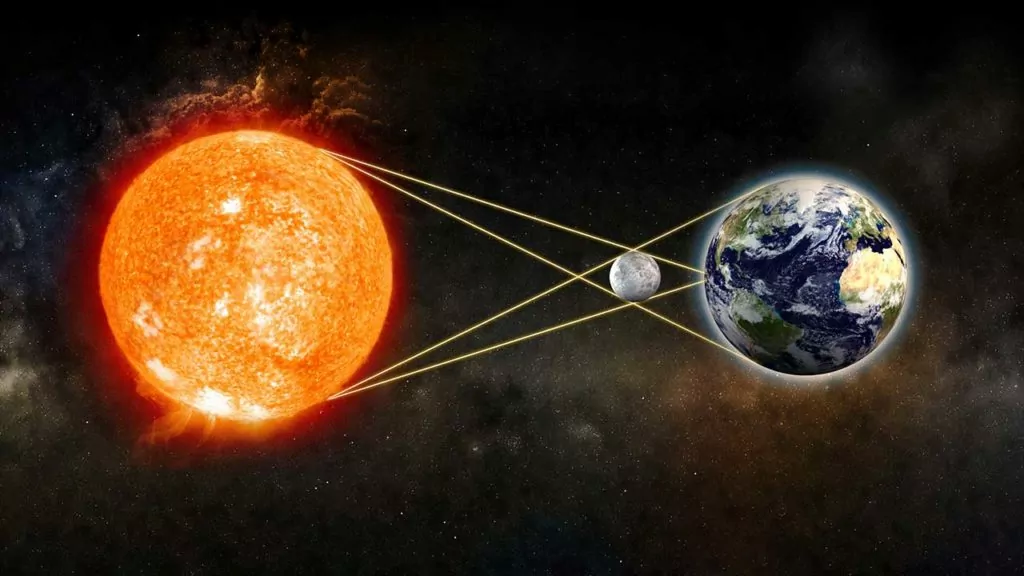A few years ago National Geographic published a provocatively titled article:
“Opinion: Science is running out of things to discover.”
Author John Horgan’s view is a rarity, but not entirely unique – it was already popping up in the late 19th century. In Steven Weinberg’s Dreams of a Final Theory, he shares this recollection from famed physicist Robert Millikan:
“In 1894, I lived…with four other Columbia graduate students, one a medic and the other three working in sociology and political science, and I was ragged continuously by all of them for sticking to a ‘finished’, yes, a ‘dead subject’, like physics when the new ‘live’ field of the social sciences was just opening up.
There was an idea at the time that it would be possible to finish off a whole field of science because we’d discovered all there was to learn there. This was a minority view then and is today, but there’s a reason some scientists held it and a reason some still do. The new discoveries still being made are evidence against it, but when Horgan’s view is evaluated from an evolutionary perspective, it’s actually the logical conclusion to draw. After all, if the physical universe is all there is then no matter how vast, it is finite. And if it was brought about by chance, and without purpose, then just how sophisticated and complex can the universe really be? Shouldn’t we expect to figure it all out eventually?
Deeper and deeper
In contrast, Christians have every reason to expect the discoveries will never end. We know the universe was crafted with purpose, and designed to reflect the attributes of our infinite God (Ps. 19:1-4, Roman 1:19-20). We should assume that no matter how deep we dig into God’s creation there’ll always be more to uncover.
And that is, in fact, what we find.
In the last decade, there has been a flood of discoveries related to our own DNA. Back when Darwin first published his book On the Origin of the Species, the individual cell was a “black box” – its inner workings were undiscovered and thought to be simple structures. That assumption served Darwin’s theory because the more complex that Man proves to be, the more obvious it is that we couldn’t have come about by evolutionary happenstance.
But since then we’ve discovered that even a single one of our cells has a level of complexity comparable to that of a city, with its own microscopic vehicles traveling on its own highways, carrying material from manufacturing plants, supplied by energy from its power plants.
Even after DNA was discovered and we started to get a glimmering of how much more was going on in the cell than Darwin had thought, evolutionists repeated their mistake – they underestimated the cell’s complexity. Again, that was only natural: how complex should something produced by unguided processes really be? So it was, that prior to about 2012, evolutionary scientists were writing off the 98.5% of human DNA that didn’t produce proteins as being “junk DNA” because they had no apparent function. As evolution apologist Richard Dawkins put it in his 2009 book The Greatest Show on Earth: The evidence for Evolution:
“it is a remarkable fact that the greater part (95% percent in the case of humans) of the genome might as well be not there for the difference it makes.”
But just a few years later the ENCODE project discovered this “junk DNA” was active, getting transcribed into RNA, and may have a role in regulating protein production. There’s lots of maybes and perhaps still being tossed about, so there’s much more to discover, and in an area of the genome that was once thought to be unimportant.
Still sticking with DNA, one of the more fascinating recent discoveries has been how the same section of our DNA can produce different proteins if read different ways. Or as Andrew Moore explained in his Nov 12, 2019 Advanced Science News article “That ‘junk’ DNA…is full of information!”:
“One of the intriguing things about DNA sequences is that a single sequence can ‘encode’ more than one piece of information depending on what is ‘reading’ it and in which direction – viral genomes are classic examples in which genes read in one direction to produce a given protein overlap with one or more genes read in the opposite direction…to produce different proteins. It’s a bit like making simple messages with reverse-pair words (a so-called emordnilap). For example: REEDSTOPSFLOW, which, by an imaginary reading device, could be divided into REED STOPS FLOW. Read backwards, it would give WOLF SPOTS DEER.
Once again, the deeper we dig the more we find there is to learn!
No end in sight
What’s true for our DNA is true everywhere else too – Millikan’s roommates couldn’t have been wronger about physics being a dead science. But endless and ever more intricate discoveries present a problem to an evolutionary theory that says the universe is finite and unplanned. If they were right, there should be an end to it. But no such end is in sight.
In contrast, these constant discoveries are an inspiration to Christians. Knowing our Creator to be inexhaustibly great, God’s people can look forward to not only a lifetime of discoveries, but to an eternity of them!















